On 12 February 2016, Pope Francis of the Roman Catholic Church and Patriarch Kirill of Moscow and All Russia held a historic meeting in Havana, Cuba. The meeting is historic in the sense that leaders of the Roman Catholic Church and the Moscow Patriarchate had not held a meeting since the churches split from each other in 1054, almost a thousand years ago.* The split, referred to as the “East-West Schism” or the “Great Schism of 1054”, gave rise to disputes over religious doctrinal interpretations and the Roman Catholic Church’s supremacy in the Christian world.
Pope Francis is the spiritual leader of Catholic Christianity, about 1.2 billion believers, making them the largest Christian religious group. Meanwhile Patriarch Kirill is the spiritual leader of Russian Orthodox Christianity, of about 164 million believers, one of the largest Christian groups in the world. As such, the meeting is not only significant in terms of bringing together two religious leaders split apart due to a thousand year over doctrinal disagreement, but also because of the sheer number of believers the two sides represent in the world.
Based on the analysis of the joint declaration issued by the two leaders[1] and the related news, the overall motivating factor that prompted this meeting is concern of both leaders over ongoing hostility and attacks towards various Christian groups in the Middle East and North Africa. This concern clear from the one of the statements in the joint declaration:
“Our gaze must firstly turn to those regions of the world where Christians are victims of persecution. In many countries of the Middle East and North Africa whole families, villages and cities of our brothers and sisters in Christ are being completely exterminated. …”
Both Pope Francis and Patriarch Kirill see the situation in the above mentioned regions as so grave that, it has been reported that they deem what is happening to Christians over there as genocide[2] and have called on the international community to step in to prevent further harm to Christian groups in such regions. As such, it is this overbearing concern that brings the two leaders together, which Pope Francis has referred to as the “ecumenism of blood”[3]. As such, the fact that the two leaders have managed to put aside a thousand year dispute to come together is a strong show of Christian solidarity to the world. This is evident from one of the statements in the joint declaration:
“It is with joy that we have met like brothers in the Christian faith who encounter one another ‘to speak face to face’ … from heart to heart, to discuss the mutual relations between the Churches, the crucial problems of our faithful, and the outlook for the progress of human civilization.”
The joint declaration is interspersed with statements that reinforce this message of solidarity. These statements put forth ideas of a thousand year history of joint religious traditions (that is; before the schism), of present doctrinal commonalities, of the need to work together and not see each other as competitors and the sadness over “the loss of [Christian] unity, the outcome of human weakness and of sin ” (they are attributing the schism to the past mistakes of Chrisians).
It is in this context that Pope Francis’ insistence on supporting the one-sided and propaganda-filled Armenian narrative over the events of 1915 should be understood. For Pope Francis, who is keen on fostering solidarity among Christians and increasing the prominence of the Roman Catholic Church, whether or not the Armenian narrative is factually accurate is less important than the fact that it serves as an effective tool for bringing together (and thus forging solidarity amongst) Christians through the notion of feeling like a victimized group. The Roman Catholic Church has recently toned down its approach to the Armenian narrative after the reaction shown by Turkey.[4] However, based on the news that he is to visit Armenia in September (and not April, connoting that he seeks to maintain positive relations with Turkey), Pope Francis is evidently is still keen on cultivating his ties with the Armenian community and thus fostering solidarity. This approach is shared by other Christian groups as well. For example, the World Council of Churches, an international organization consisting of various Christian churches and church associations from around the world - the most extensive and inclusive of its kind, also endorses the Armenian narrative without question and for the sole purpose of fostering Christian solidarity.[5] Patriarch Kirill, on the other hand, takes a more reserved approach to this issue, as evidenced by his latest statement.[6]
Moving beyond this topic, there are a couple of positive and constructive messages in the joint declaration. One such message is about the importance of interreligious dialogue and the condemnation of abusing religion to carry out violence:
“Interreligious dialogue is indispensable in our disturbing times. Differences in the understanding of religious truths must not impede people of different faiths to live in peace and harmony. In our current context, religious leaders have the particular responsibility to educate their faithful in a spirit which is respectful of the convictions of those belonging to other religious traditions. Attempts to justify criminal acts with religious slogans are altogether unacceptable. …”
Another praiseworthy message is the call to the cessation of hostilities in Ukraine, Iraq, and Syria and the need for all relevant sides to come to the negotiation table. Through the joint declaration, Pope Francis and Patriarch Kirill call on all sides of the conflicts in these countries to act responsibly and constructively. It should also be noted that they have expressed their compassion for non-Christian religious groups who have been subjected to violence in the Middle East for example.
At the same time, however, the joint declaration contains some questionable statements. The most important one is the one regarding the “Christian roots of Europe”. In the joint statement, Pope Francis and Patrick Kirill have complained about restrictions being placed on Christian groups’ right to practice their religion. The two leaders believe that this is connected to the secularization of societies (in Europe) and political actors in these societies with “very aggressive secularist ideology” who “seek to relegate [Christianity] to the margins of public life”. Furthermore, the two leaders state:
“… While remaining open to the contribution of other religions to our civilization, it is our conviction that Europe must remain faithful to its Christian roots. We call upon Christians of Eastern and Western Europe to unite in their shared witness to Christ and the Gospel, so that Europe may preserve its soul, shaped by two thousand years of Christian tradition.”
There are three points to be made regarding these statements. The first one is about the “marginalization of Christianity” in Europe. European societies are indeed becoming increasingly secularized, making religion play a less extensive role in the lives of many Europeans. And yes, there are political actors in Europe who are actively promoting this trend. However, this trend has been an ongoing process for couple of decades now, and is not dependent on the interventions of secular-minded political actors. Christian churches are losing their privileged positions and overly-extensive influence in European societies, but this is less about marginalization and more about Churches assuming more humble roles alongside other European social institutions. So the joint statement portrays this process as being more negative (from the perspective of Christian churches) than it actually is.
The second point is about “the Christian roots” of Europe. This statement gives supremacy to Christianity at the expense of everything else, relegating what is not Christian to a secondary position. However, at this point in time, can Christianity, out of the multitude of aspects of European culture, be singled out as the defining feature of Europeanness? This is the kind of mindset that fuels the often-criticized way of defining the European Union as a kind “Christian club” that seeks, for example, to keep EU-candidate Turkey out simply for being a Muslim-majority country. Furthermore, it must be reminded that Islam too was part of Europe’s history for centuries, before Muslims were violently and mercilessly driven out from the Balkans in the final stages of the Ottoman Empire. The atrocities committed against Balkan Muslims while they were being expelled out of Europe is a fact that Europeans, who are very keen on maintaining historical grudges against Muslims Turks for example, still like to conveniently ignore.
The third and last point to be made is this; what exactly is “the Christian root” of Europe? What exactly is the “soul” of Europe? Many people in Europe, either due to heritage or personal conviction, do not possess a Christian identity. For example, how is a Muslim, or Jew, or a person who does not hold any specific religious belief supposed to feel about such statements? Are these people outsiders to Europe’s culture and way of life? Are their traditions to be viewed as of secondary value in Europe? The approach put forth through these statements does not bode well, for example, for the couple of million Turks who have made their homes in various European countries and who put in an effort to integrate to their new societies despite facing numerous discriminations.
* It can be argued that the attendance of Metropolitan Nikodim of Leningrad and Novgorod (of the Moscow Patriarchate) to the enthronement ceremeny of Pope John Paul I and his private meeting with the Pope in 1978 constituted a leader-level meeting between the two churches: Paul Coyer, “The Patriarch, The Pope And An Old Play From Russia's Geopolitical Playbook,” Forbes, March 6, 2016, https://www.forbes.com/sites/paulcoyer/2016/03/06/the-patriarch-the-pope-and-an-old-play-from-russias-geopolitical-playbook/
[1] “Joint Declaration of Pope Francis and Patriarch Kirill”, News.va, 12.02.2016, http://www.news.va/en/news/joint-declaration-of-pope-francis-and-patriarch-ki
[2] Caroline Wyatt, “Pope and Russian patriarch edge towards warmer relations”, BBC News, 11.02.2016, http://www.bbc.com/news/world-latin-america-35524845
[3] Wyatt, “Pope and Russian patriarch edge towards warmer relations”.
[4] Mehmet Oğuzhan Tulun, “A Positive Shift In The Vatican’s Historical Narrative”, AVİM, http://www.avim.org.tr/yorumnotlarduyurular/en/A-POSITIVE-SHIFT-IN-THE-VATICAN%E2%80%99S-HISTORICAL-NARRATIVE---Mehmet-Oguzhan-TULUN/4343
[5] Mehmet Oğuzhan Tulun, “What is the World Council of Churches?”, AVİM Report No: 5, March 2014, http://www.avim.org.tr/uploads/raporlar/Rapor-5.pdf
[6] Mehmet Oğuzhan Tulun, “Pope Francis Should Heed Patriarch Kirill’s Remarks”, AVİM, http://www.avim.org.tr/yorumnotlarduyurular/en/POPE-FRANCIS-SHOULD-HEED-PATRIARCH-KIRILL%E2%80%99S-REMARKS---Mehmet-Oguzhan-TULUN/4320
© 2009-2025 Center for Eurasian Studies (AVİM) All Rights Reserved
No comments yet.
-
 PARADOXICAL COOPERATION: CSTO MEMBER ARMENIA CONDUCTS MILITARY EXERCISES WITH NATO
PARADOXICAL COOPERATION: CSTO MEMBER ARMENIA CONDUCTS MILITARY EXERCISES WITH NATO
Mehmet Oğuzhan TULUN 21.04.2015 -
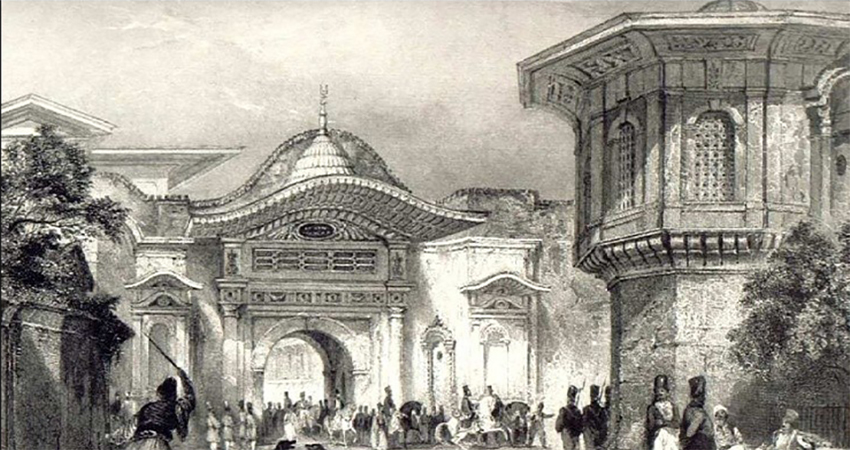 THE FIGHT AGAINST EXTREMISM AND THE OTTOMAN LEGACY
THE FIGHT AGAINST EXTREMISM AND THE OTTOMAN LEGACY
Mehmet Oğuzhan TULUN 11.05.2022 -
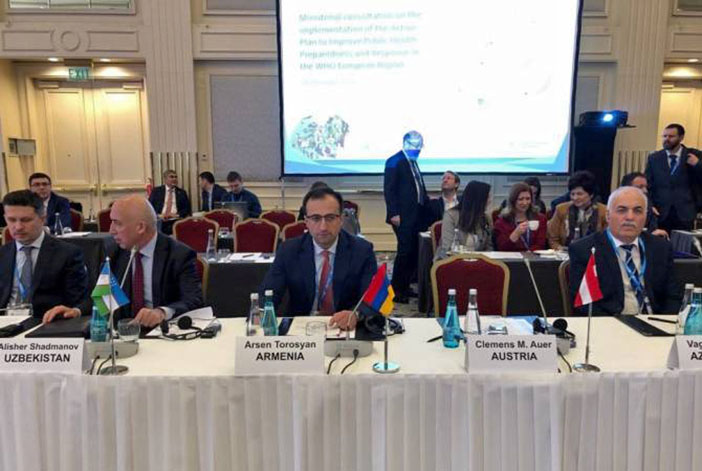 ATTEMPTS AT DIASPORIZING TURKISH ARMENIANS – III
ATTEMPTS AT DIASPORIZING TURKISH ARMENIANS – III
Mehmet Oğuzhan TULUN 07.05.2019 -
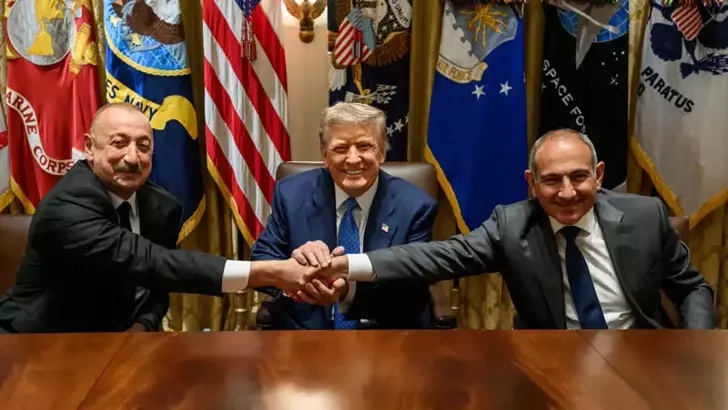 MISREADING THE ARMENIA-AZERBAIJAN PEACE PROCESS THROUGH THE DIASPORA LENS
MISREADING THE ARMENIA-AZERBAIJAN PEACE PROCESS THROUGH THE DIASPORA LENS
Mehmet Oğuzhan TULUN 13.02.2026 -
 THE AMBIGIOUS RESOLUTION ADOPTED BY THE BELGIAN HOUSE OF REPRESENTATIVES REGARDING THE EVENTS OF 1915
THE AMBIGIOUS RESOLUTION ADOPTED BY THE BELGIAN HOUSE OF REPRESENTATIVES REGARDING THE EVENTS OF 1915
Mehmet Oğuzhan TULUN 28.07.2015
-
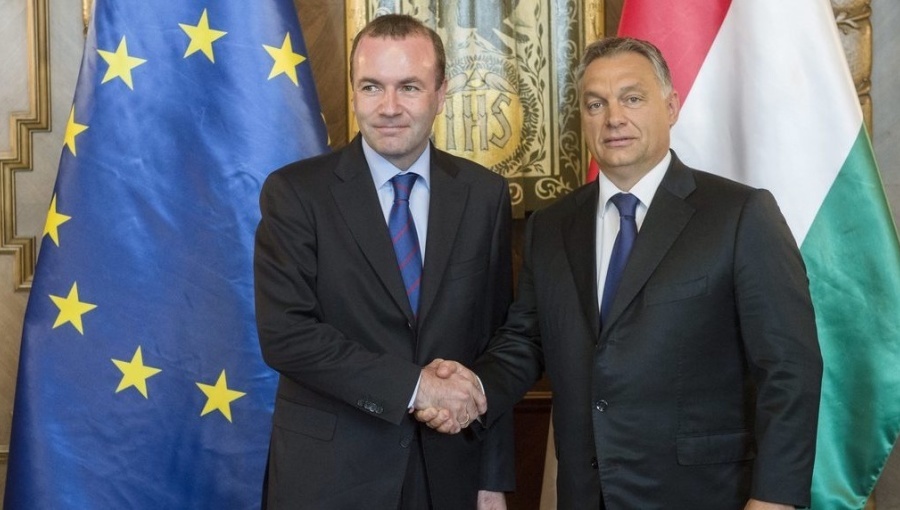 ORBAN AND WEBER CAME TOGETHER IN BUDAPEST
ORBAN AND WEBER CAME TOGETHER IN BUDAPEST
Hazel ÇAĞAN ELBİR 19.03.2019 -
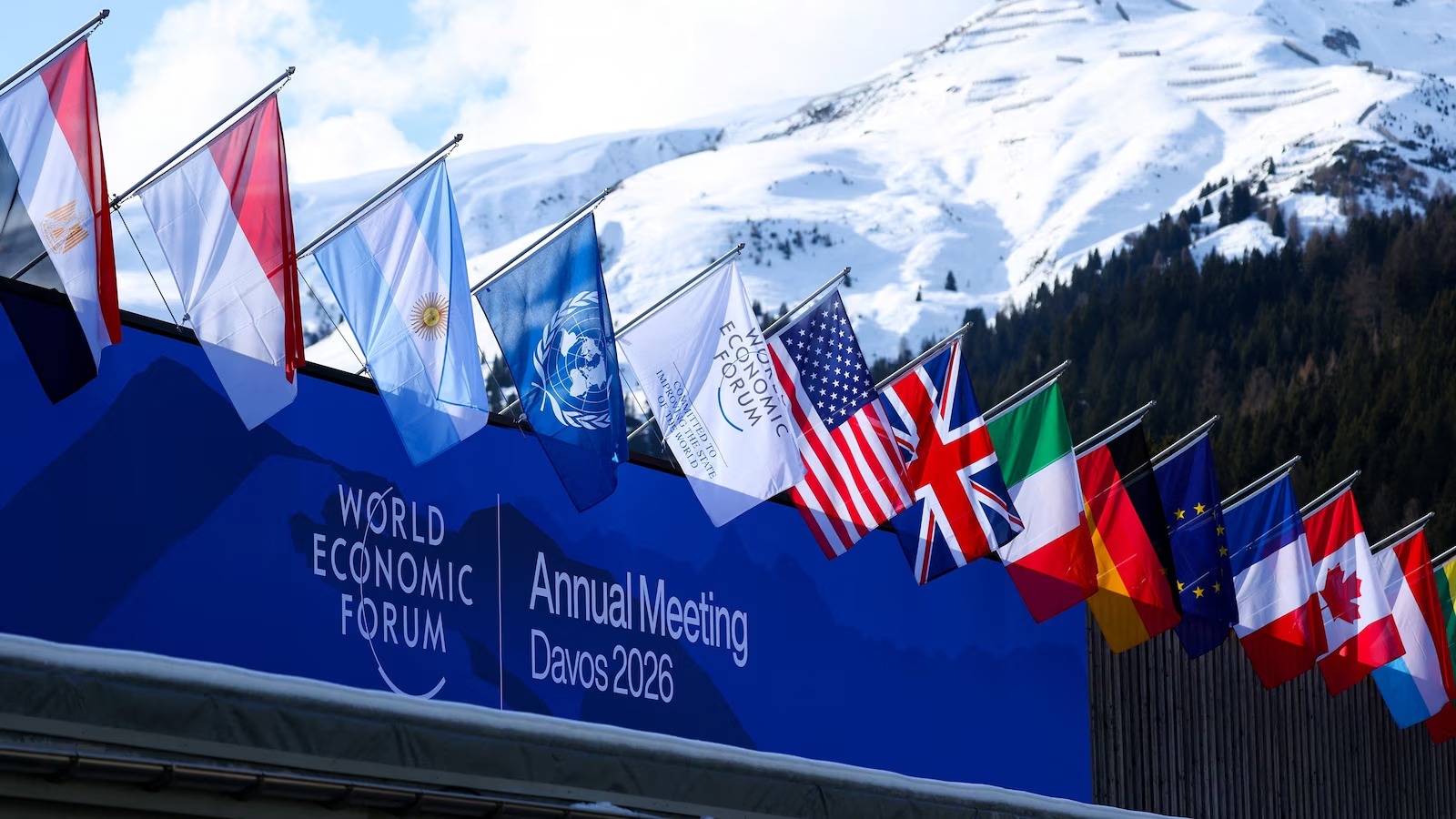 CHANGING ARCTIC AGENDA AT THE DAVOS SUMMIT
CHANGING ARCTIC AGENDA AT THE DAVOS SUMMIT
Özge Emine ÖZÇELİK 28.01.2026 -
 THE TENTH ANNIVERSARY OF HRANT DINK’S ASSASINATION
THE TENTH ANNIVERSARY OF HRANT DINK’S ASSASINATION
AVİM 19.01.2017 -
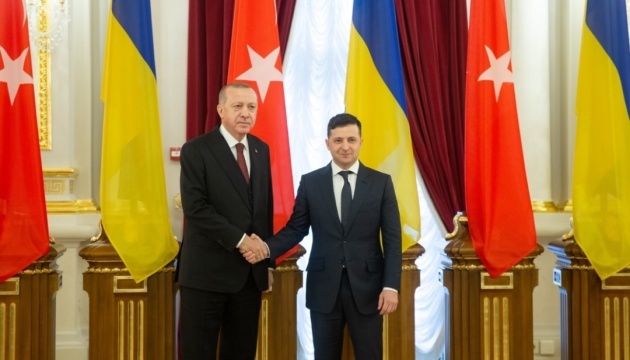 THE ‘ARMENIAN QUESTION’ IN UKRAINE - I: A POTENTIAL PROBLEM IN A PROMISING RELATIONSHIP BETWEEN TURKEY AND UKRAINE
THE ‘ARMENIAN QUESTION’ IN UKRAINE - I: A POTENTIAL PROBLEM IN A PROMISING RELATIONSHIP BETWEEN TURKEY AND UKRAINE
Turgut Kerem TUNCEL 07.05.2021 -
 INCOHORENCE OF THE WEST: ASSERTING A CLAIM OF GENOCIDE WITHOUT QUESTIONING THEMSELVES
INCOHORENCE OF THE WEST: ASSERTING A CLAIM OF GENOCIDE WITHOUT QUESTIONING THEMSELVES
AVİM 30.12.2019
-
25.01.2016
THE ARMENIAN QUESTION - BASIC KNOWLEDGE AND DOCUMENTATION -
12.06.2024
THE TRUTH WILL OUT -
27.03.2023
RADİKAL ERMENİ UNSURLARCA GERÇEKLEŞTİRİLEN MEZALİMLER VE VANDALİZM -
17.03.2023
PATRIOTISM PERVERTED -
23.02.2023
MEN ARE LIKE THAT -
03.02.2023
BAKÜ-TİFLİS-CEYHAN BORU HATTININ YAŞANAN TARİHİ -
16.12.2022
INTERNATIONAL SCHOLARS ON THE EVENTS OF 1915 -
07.12.2022
FAKE PHOTOS AND THE ARMENIAN PROPAGANDA -
07.12.2022
ERMENİ PROPAGANDASI VE SAHTE RESİMLER -
01.01.2022
A Letter From Japan - Strategically Mum: The Silence of the Armenians -
01.01.2022
Japonya'dan Bir Mektup - Stratejik Suskunluk: Ermenilerin Sessizliği -
03.06.2020
Anastas Mikoyan: Confessions of an Armenian Bolshevik -
08.04.2020
Sovyet Sonrası Ukrayna’da Devlet, Toplum ve Siyaset - Değişen Dinamikler, Dönüşen Kimlikler -
12.06.2018
Ermeni Sorunuyla İlgili İngiliz Belgeleri (1912-1923) - British Documents on Armenian Question (1912-1923) -
02.12.2016
Turkish-Russian Academics: A Historical Study on the Caucasus -
01.07.2016
Gürcistan'daki Müslüman Topluluklar: Azınlık Hakları, Kimlik, Siyaset -
10.03.2016
Armenian Diaspora: Diaspora, State and the Imagination of the Republic of Armenia -
24.01.2016
ERMENİ SORUNU - TEMEL BİLGİ VE BELGELER (2. BASKI)
-
AVİM Conference Hall 24.01.2023
CONFERENCE TITLED “HUNGARY’S PERSPECTIVES ON THE TURKIC WORLD"









